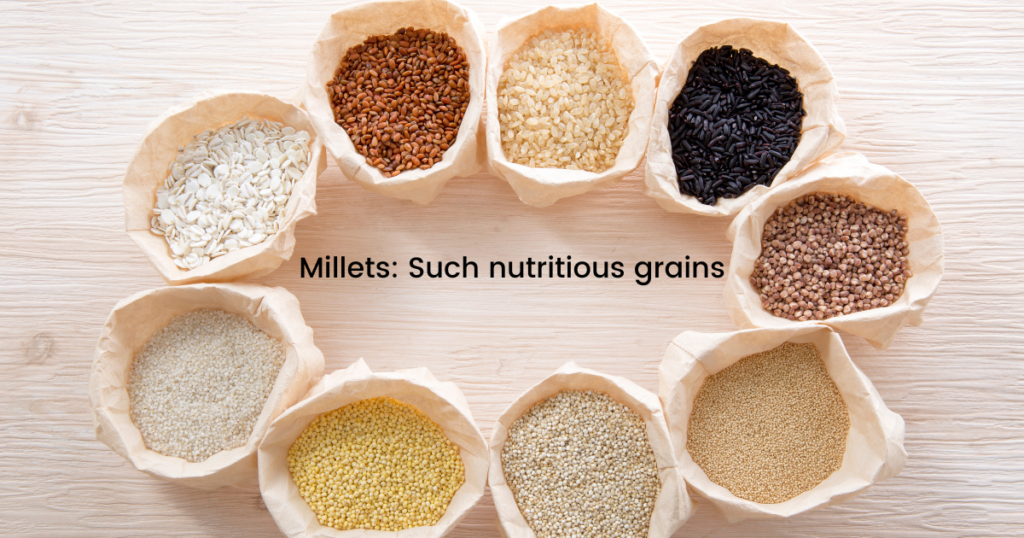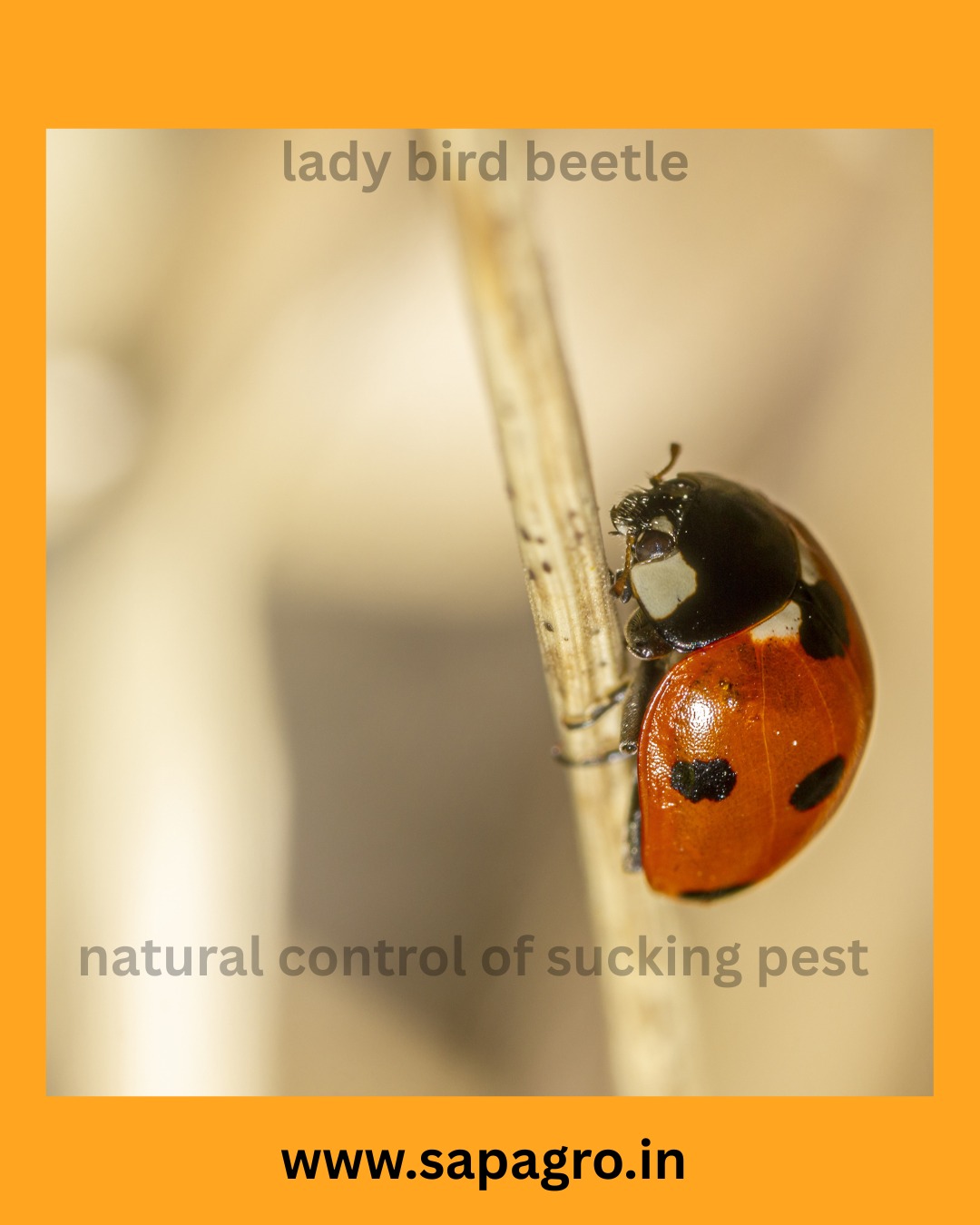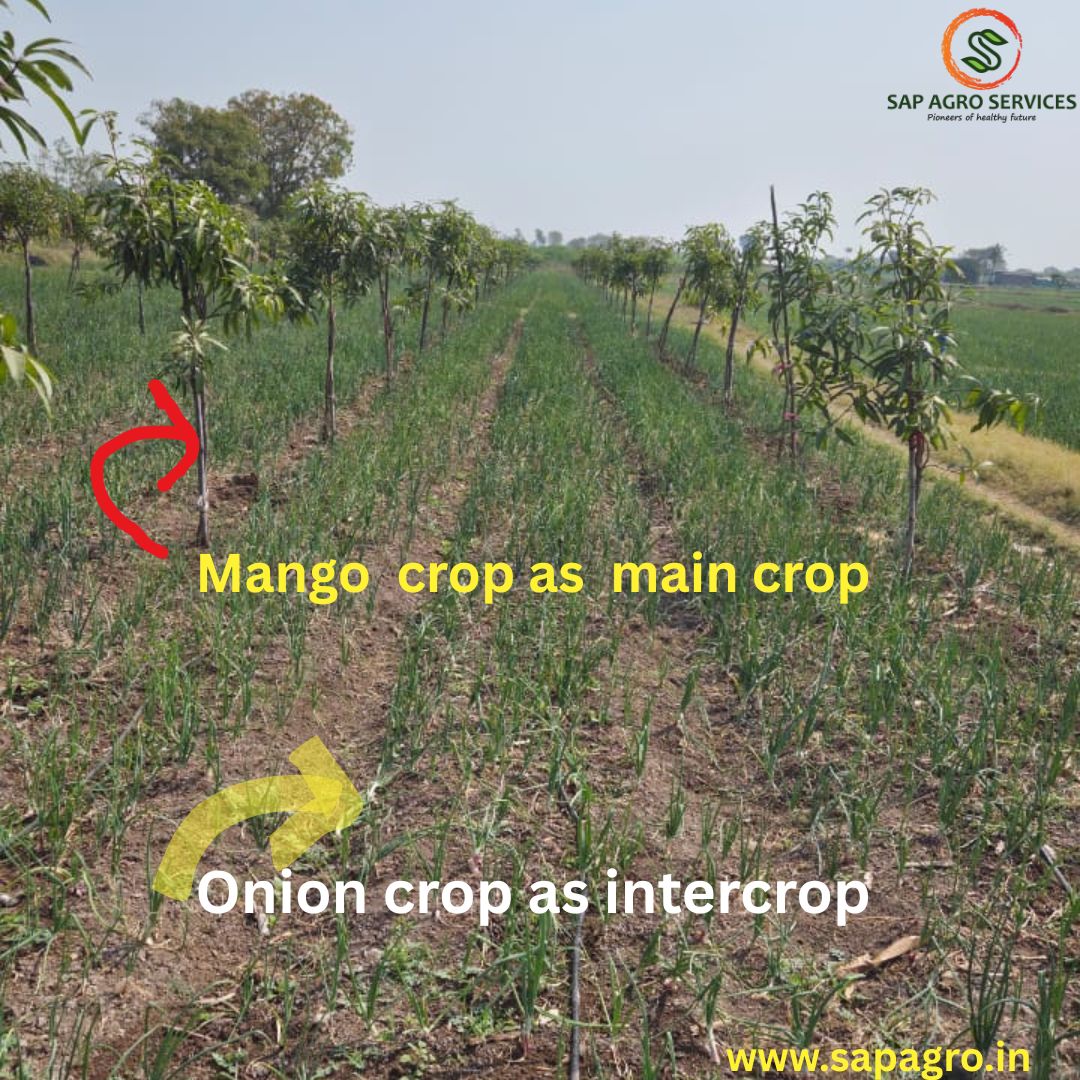
What are Millets?
Different Types of Millets
Millets also called Shri Anna which means the best among all the food grains as said by PM Modi, are a group of small-seeded cereal crops that have been cultivated for thousands of years in various parts of the world, particularly in arid and semi-arid regions. They are considered to be highly drought-resistant and are grown in areas with low rainfall and high temperatures. Some of the most common types of millet include sorghum, pearl millet, finger millet, foxtail millet, proso millet, and barnyard millet.
Sorghum (Jowar), Pearl Millet (Bajra), Finger Millet (Ragi/Mandua), Minor Millets i.e. Foxtail Millet (Kangani/Kakun), Proso Millet (Cheena), Kodo Millet (Kodo), Barnyard Millet (Sawa/Sanwa/ Jhangora), Little Millet (Kutki) and two Pseudo Millets (Buck-wheat (Kuttu) and Amaranthus (Chaulai)
Importance of Millets
Millets are a highly important food source for many people around the world, especially in developing countries where access to nutritious food is limited. They are often grown in areas with poor soil and harsh climates, making them a crucial food source for farmers and communities facing food insecurity.
In addition to their importance as a food source, millets are also a key component of cultural and traditional cuisines in many parts of the world. They have been used for centuries in religious and cultural ceremonies and continue to play an important role in the diets and cultural identities of many communities today.
Millets are also becoming increasingly important as the world population continues to grow and demand for food increases. They are a highly sustainable and eco-friendly food source that can help to address the challenges of food security and environmental degradation, making them a critical component of the global food system.
Benefits of Millets
1. Gluten-Free:
Millets are naturally gluten-free, making them a suitable option for people with celiac disease or gluten intolerance. They are also a good alternative for those who are looking to reduce their gluten intake for health reasons.
2. Rich in Nutrients:
Millets are rich in essential vitamins and minerals, including iron, magnesium, phosphorus, and potassium. They are also a good source of fibre, which helps to maintain digestive health and prevents constipation.
3. Promotes Heart Health:
Millets contain high levels of antioxidants and phytochemicals, which are known to protect the heart and prevent cardiovascular disease. They also have a low glycemic index, which means they can help regulate blood sugar levels and reduce the risk of type 2 diabetes.
4. Supports Weight Management:
Millets are high in fiber and protein, which makes them a satisfying and filling food. They can help regulate appetite and prevent overeating, making them a useful tool for weight management.
5. Eco-Friendly:
Millets are highly drought-resistant and can be grown in areas with low rainfall, making them an eco-friendly option for agriculture. They also have a low water footprint, meaning they require less water to grow than traditional cereal crops like rice and wheat.
Millet Amma

One of the brand named Millet Amma was also featured in shark tank season 3.
Millet Amma is a company that sells millet-based products. The company was founded in 2017 by Ruchika Bhuwalka, who wanted to make millet-based products available to Indian households. Millet Amma’s products include:
- Flavored dosa and idli batter
- Rava upma mix
- Pizza base
- Lavash cookies
- Grains
Why choose SapAgro’s Training Program
Expert Guidance: Learn from seasoned professionals with over 16 years of hands-on experience in organic farming.
Comprehensive Curriculum: Sap Agro’s program covers every aspect, from soil health to market strategies, ensuring a holistic understanding of organic farming.
Proven Success Stories: The success stories of farmers trained by Sap Agro stand as a testament to the effectiveness of their training program.
Sustainable Practices: Gain insights into sustainable farming practices that not only benefit the environment but also contribute to the profitability of your venture.
In the pursuit of a profitable and sustainable future in organic farming, Sap Agro’s Organic Farming Training in India Program becomes a guiding light. As we conclude this exploration, we encourage aspiring farmers to consider Sap Agro as a gateway to success.
Seize the opportunity to learn, grow, and thrive in the organic farming landscape with Sap Agro. Together, let’s cultivate a future that not only yields profitable harvests but also nurtures our planet for generations to come.
Also, if you are interested in learning Digital Marketing then Moving Digits is the best option for you.
Conclusion:
In conclusion, millets are a highly important and nutritious food source that offer numerous health benefits and play a critical role in addressing the challenges of food security and environmental degradation. Whether you are looking to improve your health, support sustainable agriculture, or celebrate cultural and traditional cuisines, millets are a great choice. So why not give them a try today and discover the many benefits of this ancient and nutritious grain!















This Post Has One Comment
Pingback: Organic Farming Training in India - A Comprehensive Guide